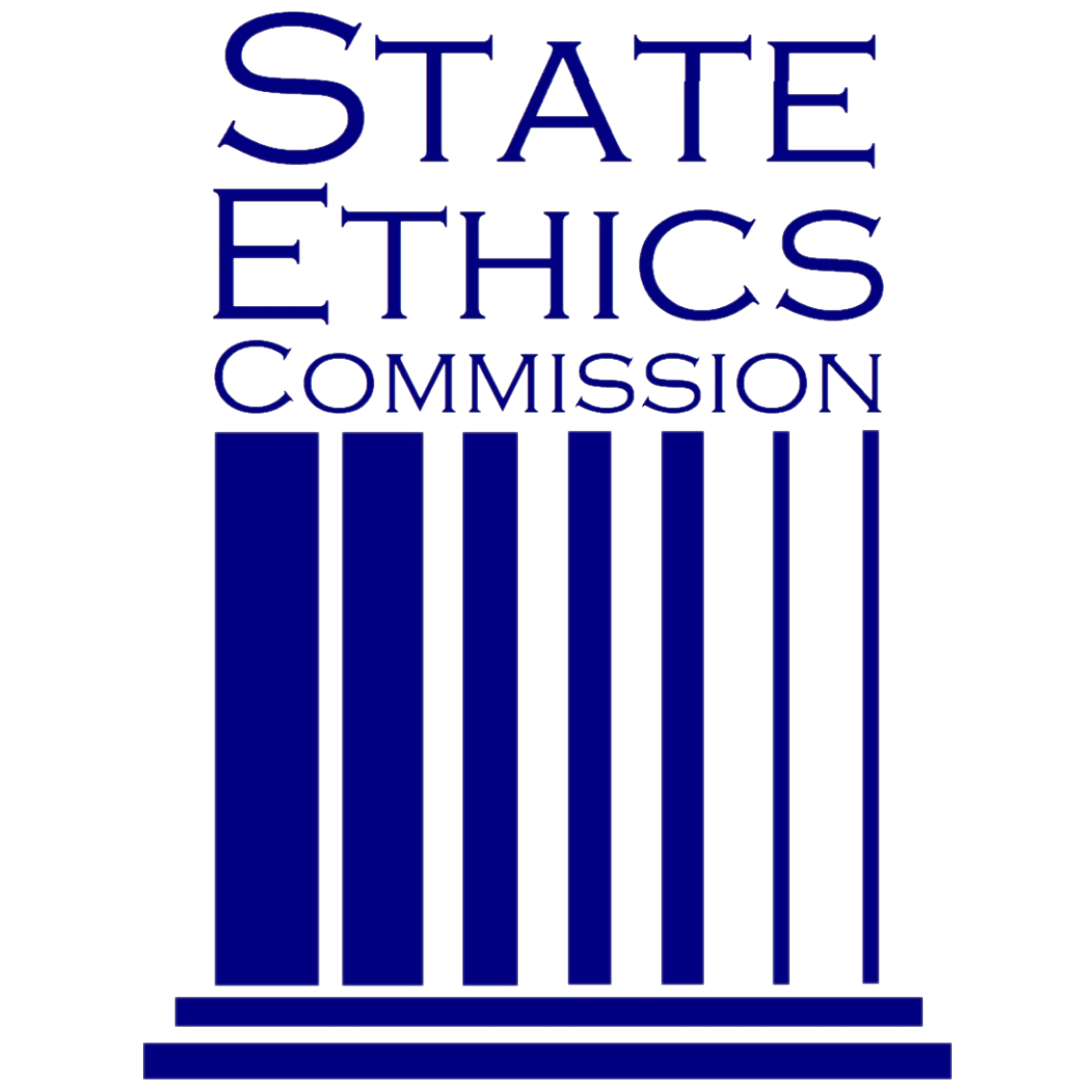- State Ethics Commission
Media Contact
Gerry Tuoti, Public Information Officer
Boston, MA — As we enter the winter holiday season, the State Ethics Commission reminds public employees that accepting certain gifts may be prohibited by state law. The following guidance explains what is allowed and what is prohibited when it comes to gifts to Massachusetts public employees.
If you are a state, county, or municipal employee, the conflict of interest law generally prohibits you from accepting gifts worth $50 or more if they are given to you because of your position or because of an action you have taken as a public employee. There are some exceptions. A detailed explanation of how the conflict of interest law applies to gifts may be found in State Ethics Commission Advisory 19-1: Gifts and Gratuities.
May I accept gifts from friends and family?
Yes, public employees are generally allowed to accept gifts of any value unrelated to their public position, including personal gifts from family and friends.
A vendor invited me to their holiday party. May I attend?
No, public employees are generally prohibited from accepting invitations to holiday parties from vendors. This type of invitation would typically be extended to a public employee because of their public position, and attending such a party would generally constitute accepting a prohibited gift worth $50 or more.
What if I receive an unsolicited gift I cannot return?
Public employees may accept unsolicited gifts such as fruit baskets, flowers, or other perishable items if they are accepted on behalf of an office or agency and shared with coworkers or the public. Gifts of alcohol, however, are generally prohibited because they are not perishable and cannot be shared with the public. A full description of exemptions to the gift restrictions is included in 930 CMR 5.08: Conflict of Interest Law Regulations and Exemptions relating to Gifts and Gratuities.
May teachers accept gifts from students?
Within certain limits, teachers may accept gifts from their students. The parents and students of a class may act together to give a class gift worth up to $150 to a teacher per school year, provided that the gift is identified as being from the class, and that the names of givers and amounts given are not identified to the teacher. A teacher may not accept other gifts from someone who has contributed to a class gift. Individual gifts from families that did not contribute to a class gift are allowed if they are worth less than $50. Baked goods, homemade crafts, and other gifts of minimal value are not prohibited. The Commission’s Public School Teacher FAQs on the Conflict of Interest Law contains detailed information about restrictions on teacher gifts.
What are the rules for gifts worth less than $50?
Gifts worth less than $50 are generally not prohibited, however, a disclosure may be required. The conflict of interest law requires a public employee to file a written public disclosure if their accepting a gift would create the appearance that they would give undue favorable treatment to the giver in their official actions.
Does the law apply to emergency personnel?
First responders and public health workers who are employed by state, county, or municipal agencies are generally prohibited from accepting gifts worth $50 or more given because of their position or an official act. For example, an individual firefighter may not accept a $50 gift card given to show gratitude for responding to an emergency.
Gifts given to a public agency for the agency’s use, rather than gifts given to individual public employees, do not generally violate the conflict of interest law. For example, a gift of supplies given to a police department would not violate the conflict of interest law if the gift is provided to the department rather than a specific employee because the gift is for public, rather than private, use. The agency, however, must have the legal authority to accept gifts, and proper procedures must be followed to accept them.
May I give a holiday gift to my coworker?
Yes, public employees are not generally prohibited from giving gifts of any value to their coworkers in recognition of holidays. However, the conflict of interest law places tighter restrictions on gifts from public employees to their supervisors and superiors. Gifts to supervisors and superiors that are not prohibited include gifts worth no more than $10, food shared in the office, personal hospitality, and gifts given in connection to personal hospitality. Regulation 930 CMR 5.08(8) addresses gifts among public employees.
What about public employee discounts?
Although public employees are generally prohibited from accepting gifts or gratuities of substantial value given because of their position, there is an exemption that allows them to accept discounts and waived membership fees in certain circumstances. If a discount is offered to all public employees, for example, it can be accepted. Likewise, if a membership fee for a professional organization is waived or discounted for all public employees of a particular profession, then the membership fee waiver may be accepted. Public employee discounts are addressed in Regulation 930 CMR 5.08(7).
Are gifts from lobbyists allowed?
Under the state financial disclosure law, elected state and county officials, as well as appointed state and county employees in major policymaking positions, are prohibited from accepting gifts of any value from lobbyists. Additionally, lobbyists are prohibited from giving gifts to the spouses and dependent children of such state and county officials and employees. There are very limited exemptions allowing gifts from lobbyists given solely because of family or established personal friendship contained in Regulation 930 CMR 5.09. If the public employee does not hold an elected or appointed policy-making state or county position, then the restriction of gifts valued at $50 or more, as set forth above, apply.
The Commission encourages public employees to contact its Legal Division at 617-371-9500 for free advice if they have any questions regarding how the conflict of interest law may apply to themselves.
